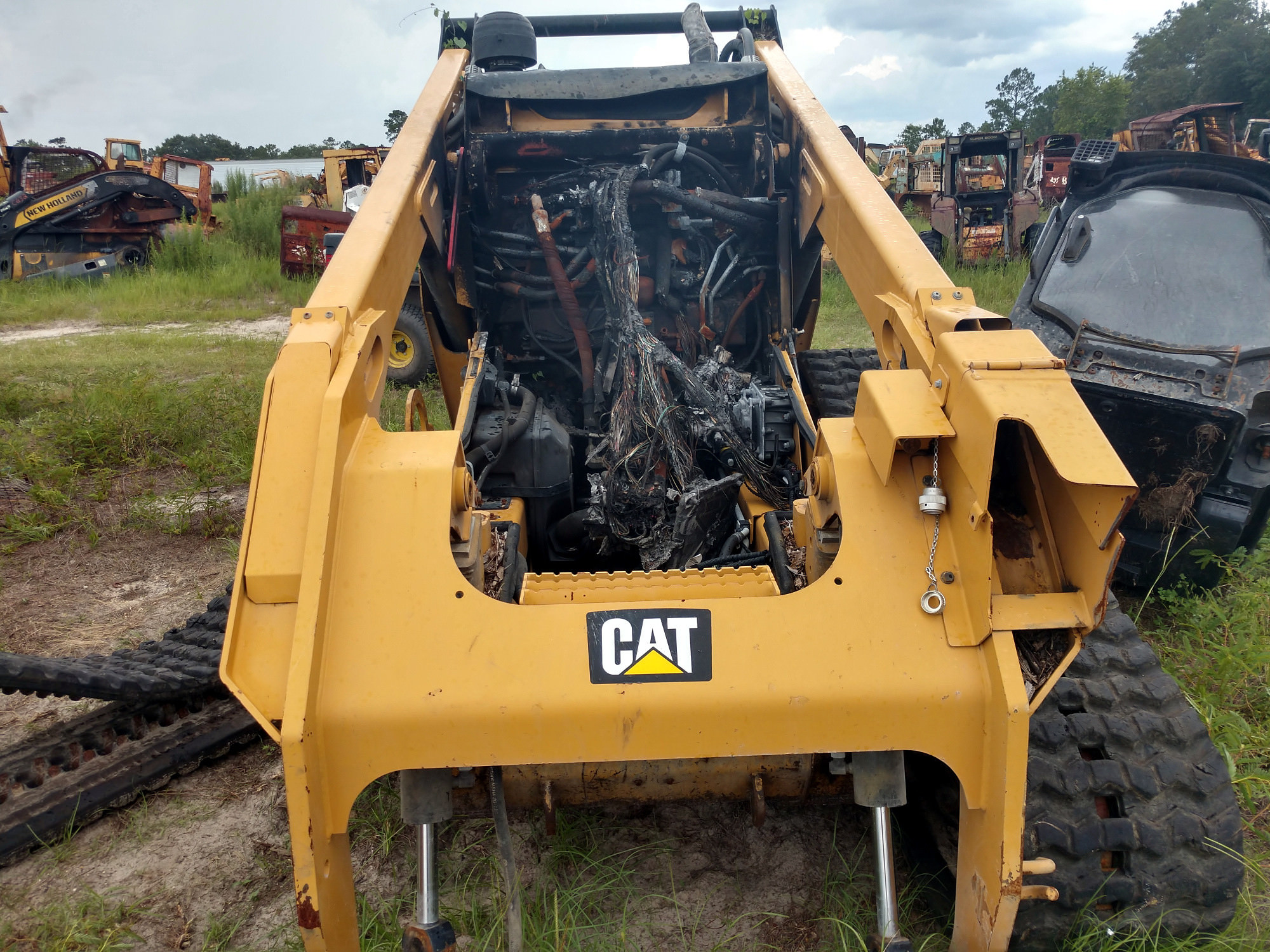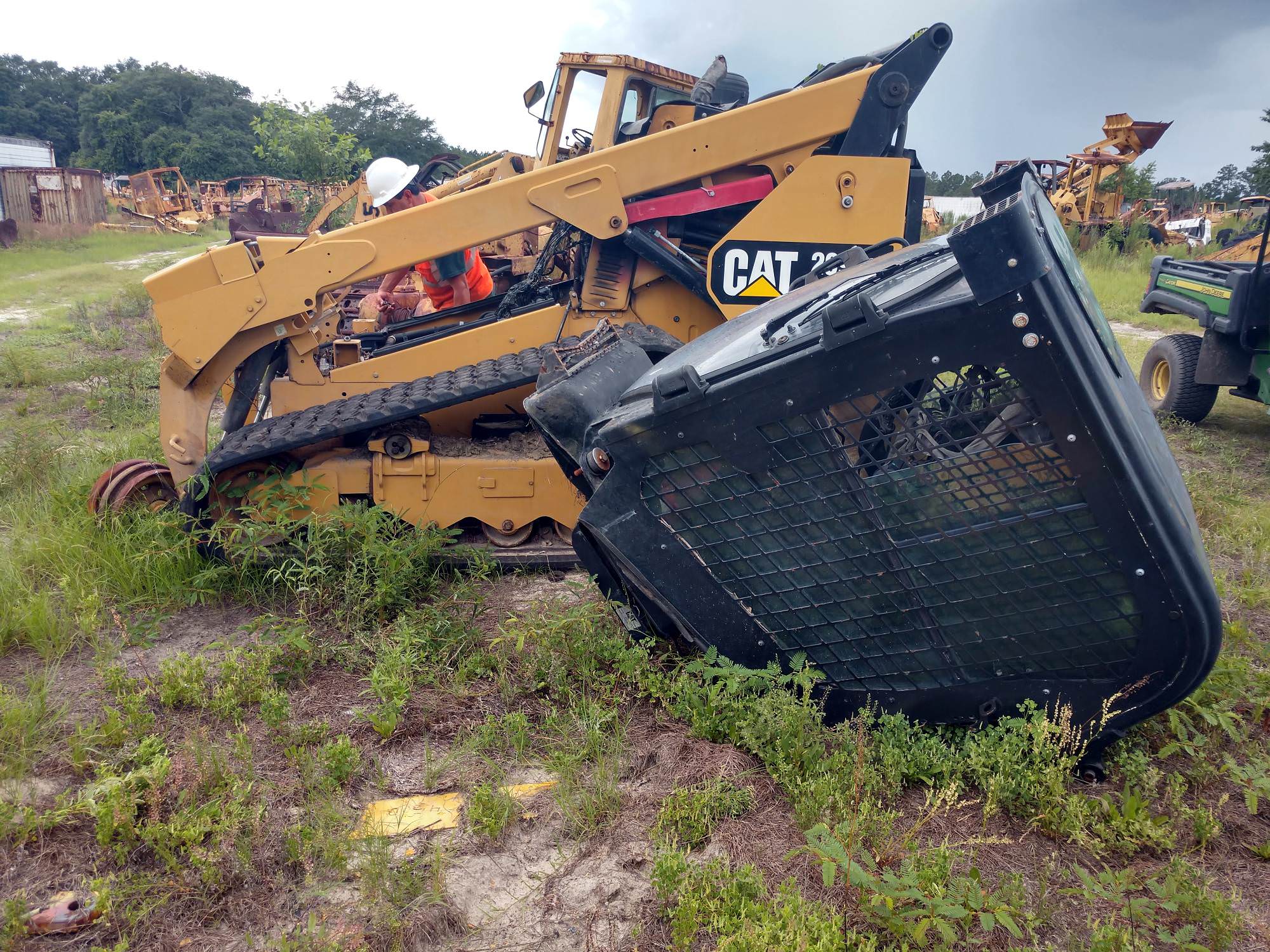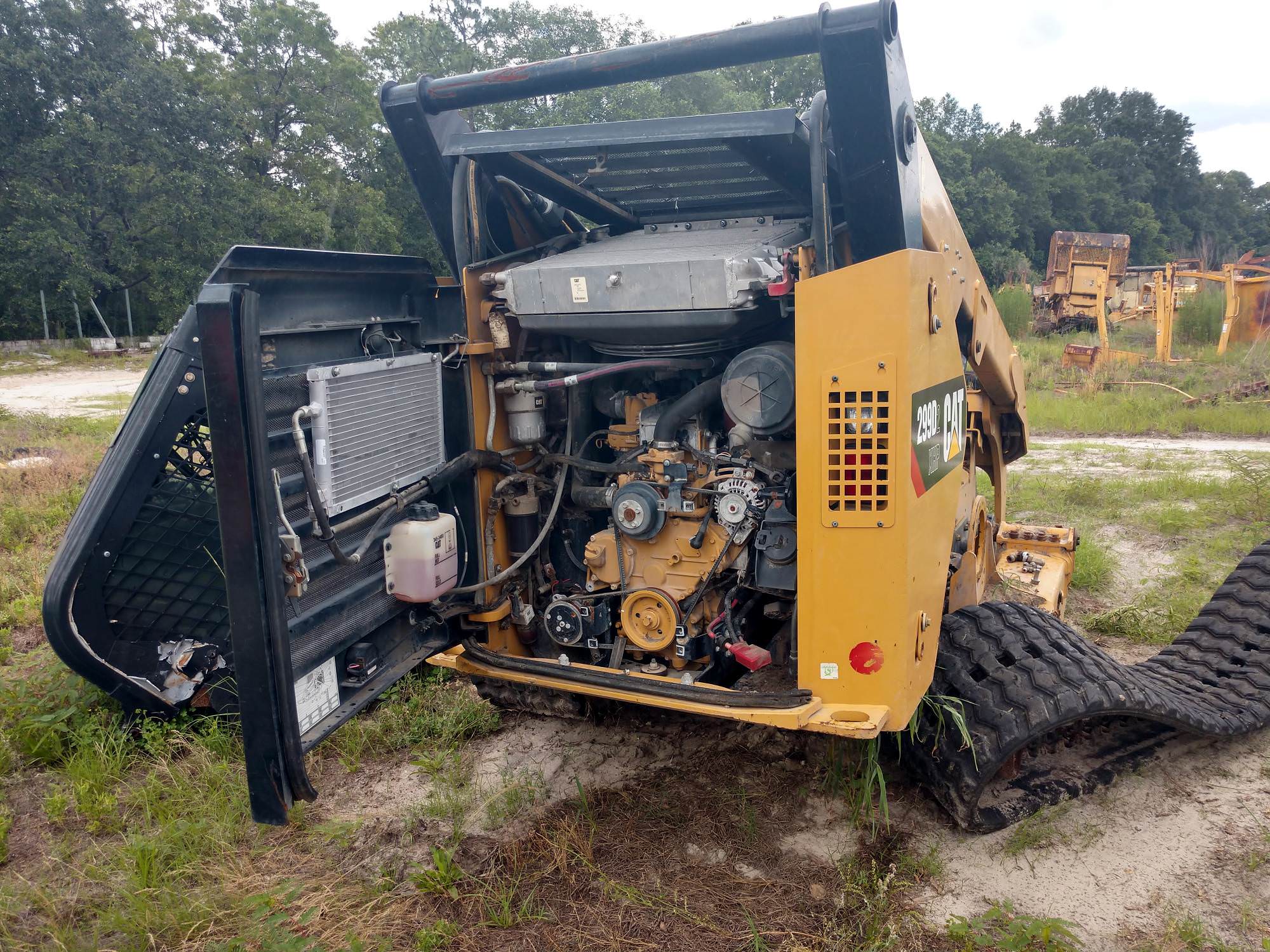Ok, it's good to know that bio-oils can last every bit as long as synthetic and have the heat tolerance as well.
It seems that regular synthetic costs twice as much as mineral oil, and bio costs about the same as synthetic, at least at Grainger.
For bio, the Cat manual says to mix it with less than 3% other oil... how is that even possible? My machine is a burnout, and I asked the local Cat service manager how to flush the system, and he said about the only option is to fill and run it, then drain the oil, change filters, and fill again. There must be gallons in the lines alone, and I'd rather not run burned chunks through the cylinders or ports of the controls and valves. I'm thinking do a run with cheap mineral oil first, then the permanent oil. But is there any other way to flush and evacuate?
Also, I'm suspicious of Cat consumables. I should have expected their paints to be 2-part catalyzing, but it says right there on the can that it's "Standard Grade", and it's one-part. And my 2 year old 299D2 has paint oxidization all over such that I have to tear it down, sandblast, and repaint. So I can not trust that their synthetic or bio-oil is any better than low-average. I'd just as soon buy from another source like
Grainger, or someplace else. Suggestions?



